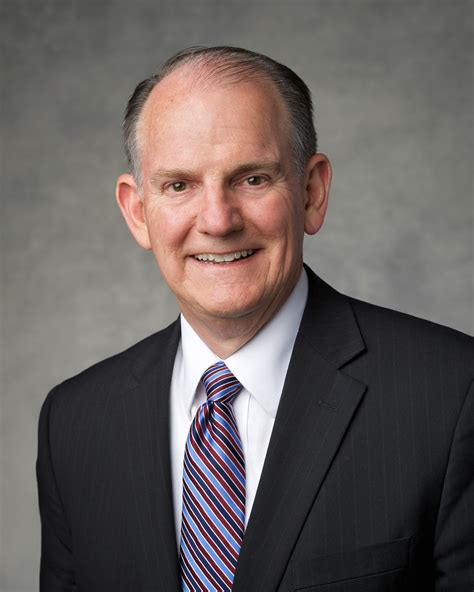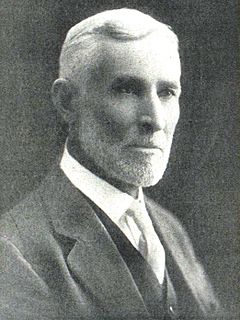A Quote by Benjamin Franklin
We must not in the course of public life expect immediate approbation and immediate grateful acknowledgment of our services. But let us persevere through abuse and even injury. The internal satisfaction of a good conscience is always present, and time will do us justice in the minds of the people, even those at present the most prejudiced against us.
Related Quotes
The storyteller is deep inside everyone of us. The story-maker is always with us. Let us suppose our world is attacked by war, by the horrors that we all of us easily imagine. Let us suppose floods wash through our cities, the seas rise . . . but the storyteller will be there, for it is our imaginations which shape us, keep us, create us - for good and for ill. It is our stories that will recreate us, when we are torn, hurt, even destroyed. It is the storyteller, the dream-maker, the myth-maker, that is our phoenix, that represents us at our best, and at our most creative.
Immediate knowledge tells us only that God is, not what he is. But if God is not an empty Being beyond the stars, he must be present in the communion of human spirits, and, in his relation to these, he is the One Spirit who pervades reality and thought. Hence there can be no final separation between our immediate consciousness of him and our mediated knowledge of reality.
When we build ... let it not be for present delights nor for present use alone. Let it be such work as our descendants will thank us for, and let us think ... that a time is to come when these stones will be held sacred because our hands have touched them, and that men will say as they look upon the labor, and the wrought substance of them, See! This our fathers did for us!
When dams were erected on the Columbia, salmon battered themselves against the concrete, trying to return home. I expect no less from us. We too must hurl ourselves against and through the literal and metaphorical concrete that contains and constrains us, that keeps us from talking about what is most important to us, that keeps us from living the way our bones know we can, that bars us from our home. It only takes one person to bring down a dam.
A God who draws near out of love, the Holy Father continued, walks with His people, and this walk comes to an unimaginable point. We could never have imagined that the same Lord would become one of us and walk with us, be present with us, present in His Church, present in the Eucharist, present in His Word, present in the poor, He is present, walking with us. And this is closeness: the shepherd close to his flock, close to his sheep, whom he knows, one by one.
Even as the government dominates the headlines, private entrepreneurs are busy every day working to improve products and services that improve our lives. They do it without taxing us or regulating us, or making us suffer through tedious elections or political debates. They make their products and offer them to us in a way that pleases the consuming public the most. We can choose whether we want them or not.
One cannot be honest even at the end of one's life, for no one is wholly alone. We are bound to those we love, or to those who love us, and to those who need us to be brave, or content, or even happy enough to allow them not to worry about us. So we must refrain from giving pain, as our last gift to our fellows.
Inspired men have been raised up, who have given us our form of government, and the code of laws by which we are controlled, the best ever evolved by man, so far as we are able to judge. The Lord has strengthened the arms of the patriots who have defended us against the assaults of all those who have come up against us, and delivered us until today, from those who would have torn us asunder. Against all opposition, I sometimes think almost against ourselves, the Lord has brought us to our present condition, until this nation, like a city set on a hill, has become the light of the world.
There is, however, no advantage in reflections on the past further than may be of service to the present. For the future we must provide by maintaining what the present gives us and redoubling our efforts; it is hereditary to us to win virtue as the fruit of labour, and you must not change the habit, even though you should have a slight advantage in wealth and resources; for it is not right that what was won in want should be lost in plenty.


































